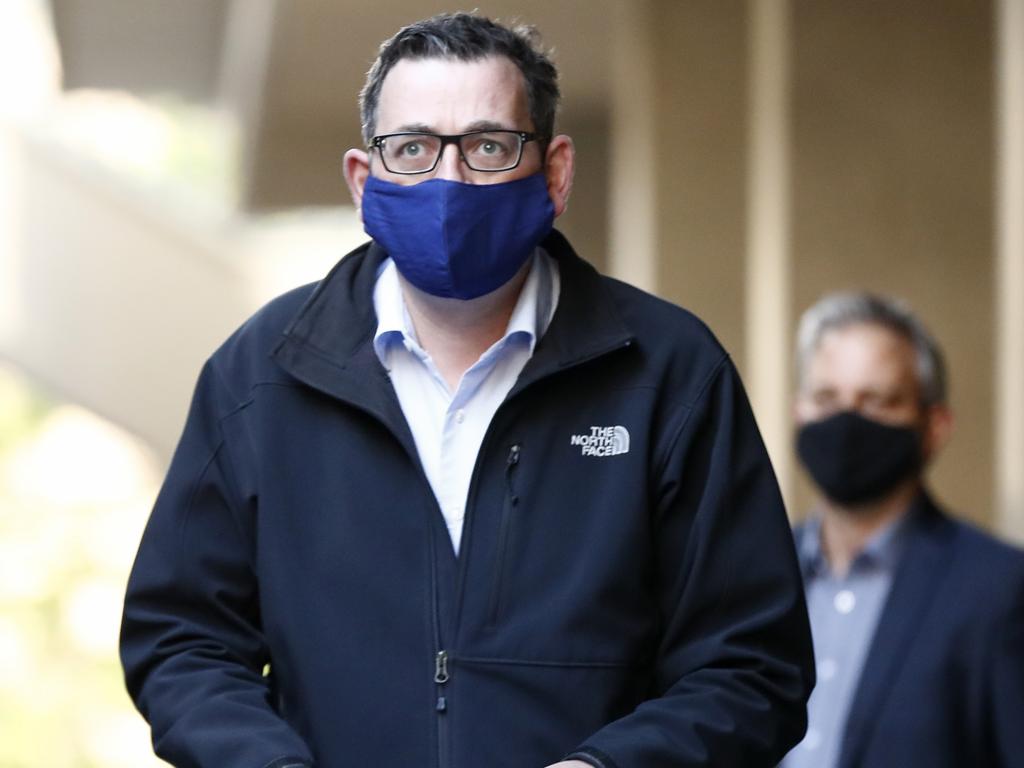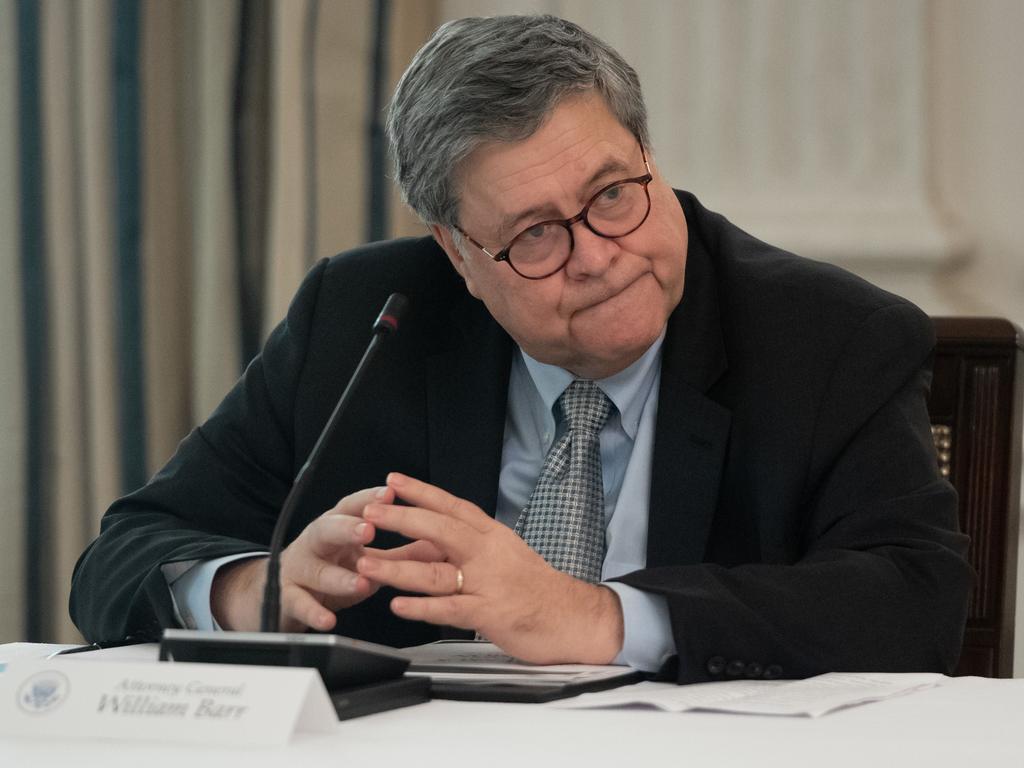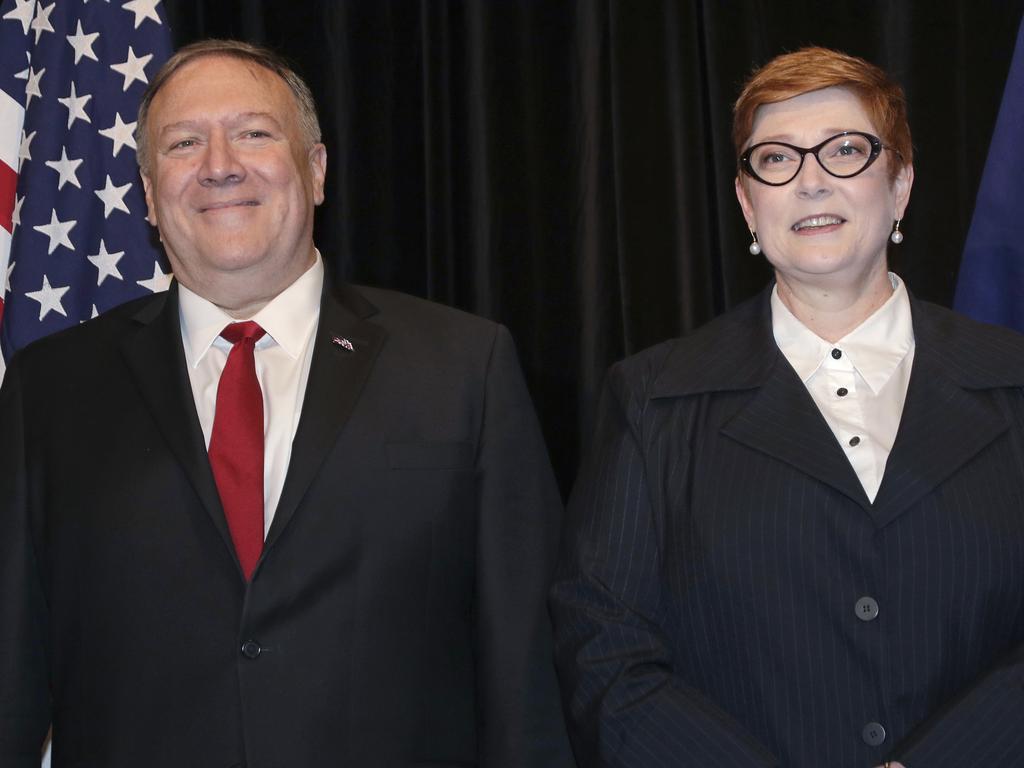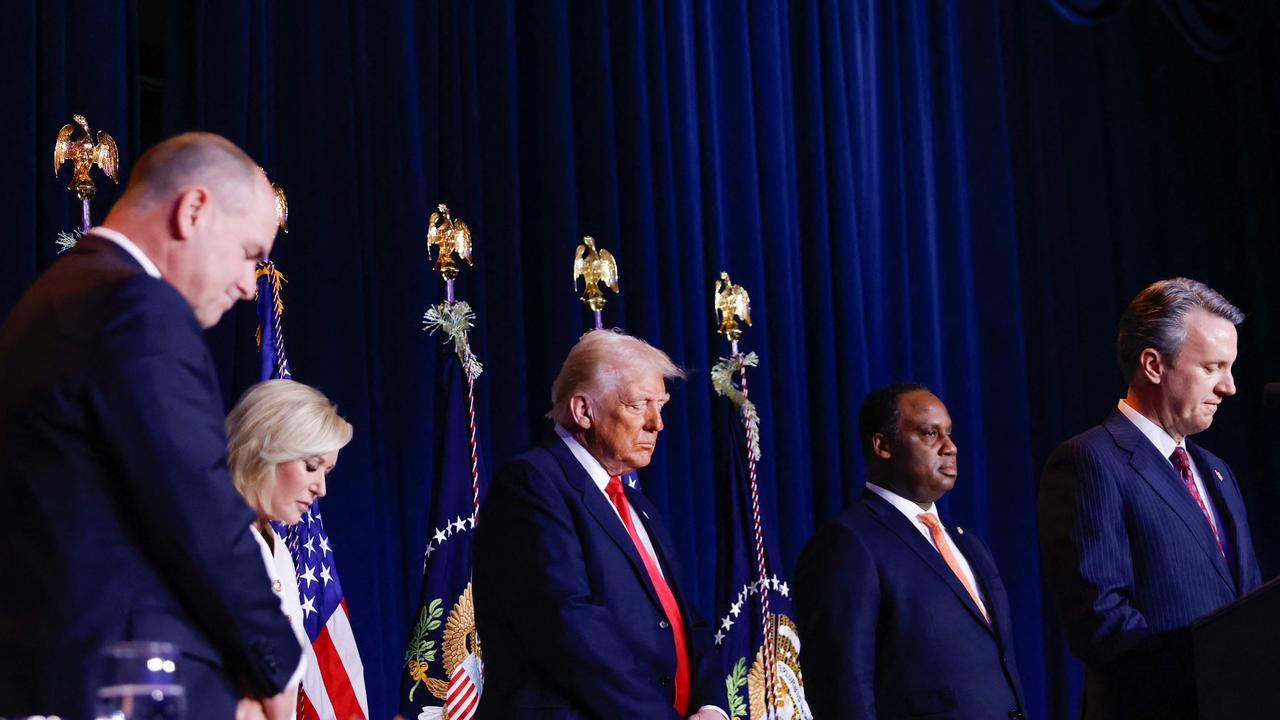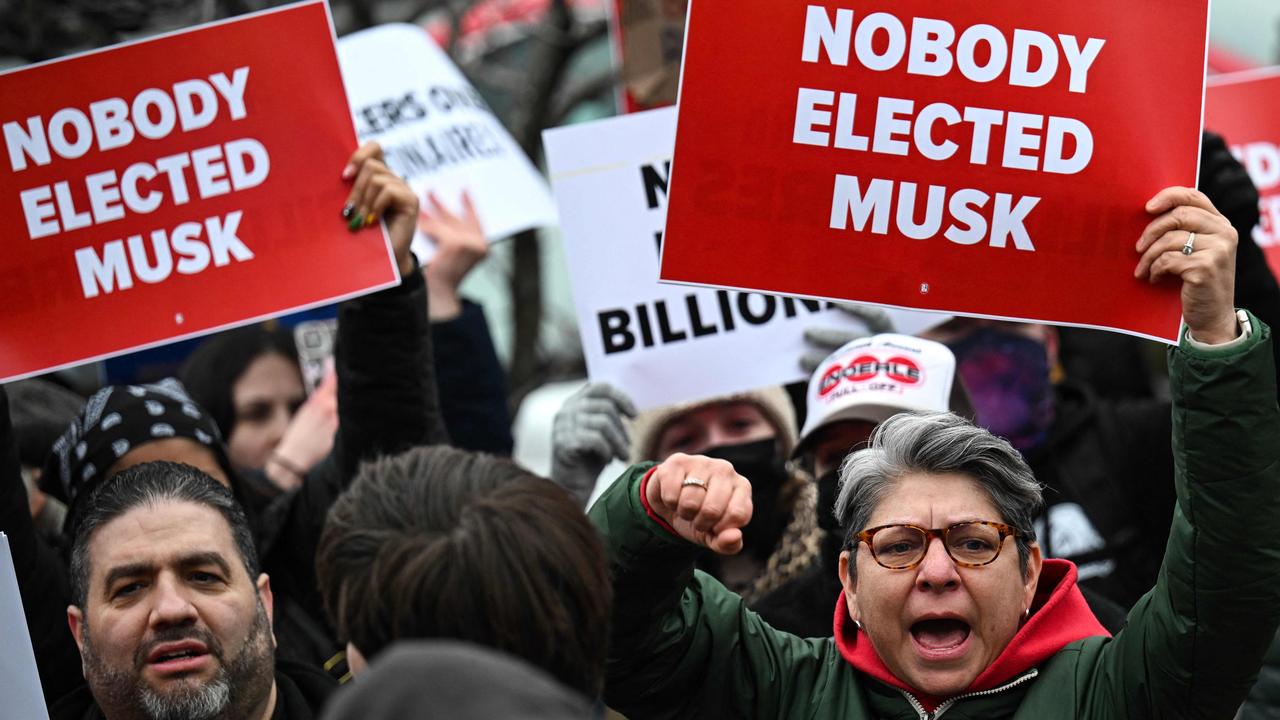Beijing opens school to teach Hong Kongers patriotism
A ‘national security education’ base to ensure Hong Kong students are patriotic has opened.
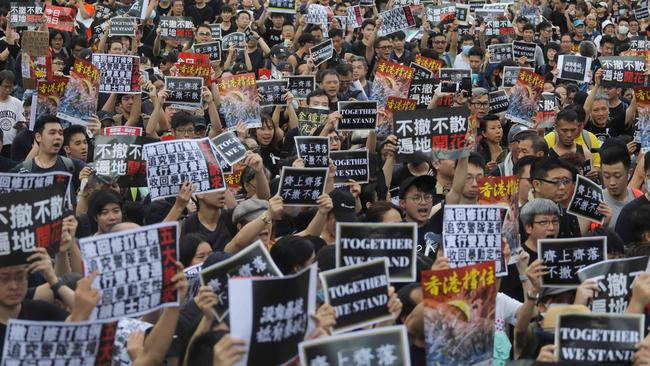
A “national security education” base to ensure that Hong Kong students are sufficiently patriotic has opened in the neighbouring mainland city of Shenzhen, China’s government says.
Barely three weeks after China imposed a draconian national security law on the territory, the centre is charged with helping pupils from Hong Kong and Macau to “enhance their constitutional and national awareness through education”, according to Xinhua, the official news agency for Beijing.
Du Ling, a party official in Shenzhen, said the base would “plant seeds of national identity and patriotic spirit in the hearts of more Hong Kong and Macau youth”.
Beijing has criticised education in Hong Kong for a lack of patriotism, and blames liberal education for the high number of students involved in a massive anti-government movement over the past year.
Of 8981 protesters arrested between June last year and May this year, more than 1600 were underage.
Under the new law the Hong Kong government is required to give national security education through schools, social groups, media and the internet so Hong Kongers better identify with China and are more law-abiding.
Leung Chun-tung, a youth representative for Hong Kong and Macau who attended the centre’s opening ceremony, said: “One’s adolescent years are the formative period for one’s values, and it needs to be guided in a positive way. Now Hong Kong youth are in urgent need of a ‘window’ to learn about the country’s constitution, the national security law and the basic law [which sets out how Hong Kong is governed under the one country, two systems principle].”
The centre would also provide “correct theoretical guidance” and allow students to “amply experience” the mainland’s great economic achievements, he said.
Students will also visit companies such as Huawei during their free time.
Because of the pandemic there is no set starting date, but the Global Times, a Communist party-run newspaper, reported that a few schools and youth organisations in Hong Kong had expressed interest.
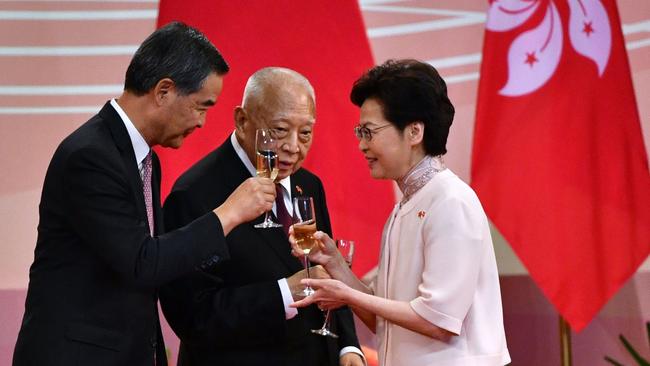
Carrie Lam, the chief executive of Hong Kong whose husband and sons hold British passports, said she was not afraid of sanctions by the US over the national security law. “I have no assets in the US, and I don’t want to visit it,” she told a local television station.
One son of her sons is thought to be studying mathematics at Harvard in the US and the other is reading Greek philosophy in Ireland.
Benny Tai, a law professor in Hong Kong who has organised an unofficial primary for pro-democracy candidates for the Hong Kong Legislative Council election in September, said he was stepping back to focus on academic work. Beijing has said the poll violates the new law.
Professor Tai said he hoped the vote would help to unify pro-democracy parties to win a majority in the city parliament. He warned on Facebook that the authorities would try to disqualify pro-democracy candidates.
The Times

